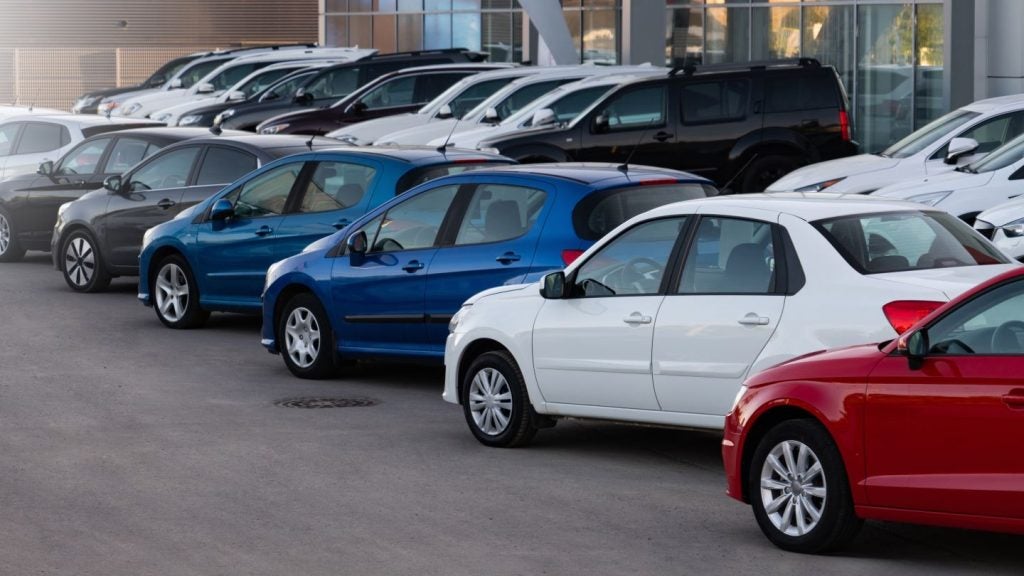
The immediate effects of the new Brexit trade deal on the motor industry and the used car sector, in particular, were the subject of a webinar held this month by the Vehicle Remarketing Association.
It was part of a new series of online events for members of the trade organisation called The New Normal Briefings, designed to help them plan for the end of the pandemic as mass vaccination programmes progress.
Philip Nothard, chair at the VRA, explained: “Over the last year, remarketing experts have learnt quickly how to keep their businesses operating through the pandemic. The question is what comes next? These webinars, which will take place over the first half of 2021, are intended to answer that question.”
Two expert speakers were involved – David Bailey, professor of business economics at the University of Birmingham’s Business School and the UK in a Changing Europe Programme on the macro picture from a motor industry point of view, and Glyn Edwards, VAT director at MHA McIntyre Hudson, on initial tax and VAT issues.
Bailey told delegates: “The deal is better than no deal but it’s still a very thin deal, and it means there’s still going to be a considerable hit to the economy. It is welcome in terms of avoiding tariffs and quotas subject to conditions but, because of all the extra form filling and disruption to trade, there’s going to be a further hit to the economy. Best estimates are that, by 2030, we’ll lose another 5% hit to GDP on top of the 2% we have already lost by leaving the EU.”
He reported that some of the immediate effects were now becoming apparent for motor manufacturers.
How well do you really know your competitors?
Access the most comprehensive Company Profiles on the market, powered by GlobalData. Save hours of research. Gain competitive edge.

Thank you!
Your download email will arrive shortly
Not ready to buy yet? Download a free sample
We are confident about the unique quality of our Company Profiles. However, we want you to make the most beneficial decision for your business, so we offer a free sample that you can download by submitting the below form
By GlobalData“There are many ways in which UK car manufacturing is deeply intertwined with the EU through very complex supply chains that cross borders many times. So, even with the deal, Brexit is going to create lots of additional costs for automakers.
“We’re now starting to find out what they are – things like customs delays disrupting just-in-time delivery systems, customs declarations complying with Rules of Origin regulations, regulatory differences as we diverge from the EU and more.”
While the impact probably wouldn’t lead to plant closures or scaling down of production in the near future, Bailey explained, it was clear that there were threats to longer-term investments.
“So, for example, Nissan has already invested £400m in preparing for production of the new Qashqai at Sunderland, and it has just been announced that is going ahead.
“However, there is less certainty at Ellesmere Port, where Stellantis, the recent merger of PSA and Fiat Chrysler, are deciding whether to produce a new car there to replace the Astra. We are seeing a situation where they are already actively highlighting the new disadvantages of continuing to build cars in the UK and, as a result, are looking for specific dispensations, such as extra flexibility in terms of the government’s 2030 electrification target and the ability to keep selling hybrids beyond that date.”
The most specific long-term threat, he added, came from the Rules of Origin that covered local content of car production that is included in the trade deal.
“There’s some good news for the immediate future in that you can include both EU and UK parts together to reach the 55% threshold that means you can avoid tariffs. That’s not to say this is not already having some negative effects. For example, we are already seeing tariff-driven price increases on cars that use content from Japan and North America, such as the Ford Fiesta ST, which has just gone up by £1,700.
“However, the real threat lies further down the line with electric vehicles where there is still much to be decided about how the agreement is applied to batteries, which will be by far the biggest item of content for EVs,” added Bailey.
“At the moment, the UK doesn’t have anything like the battery capacity needed to avoid tariffs if the rules are applied unfavourably. A lot is going to depend on the degree of flexibility and the timetable of phasing in, and the devil is very much going to be in the detail.”
Glyn Edwards singled out the situation in Northern Ireland as an area in which Brexit was having an immediate and disruptive effect on tax and vehicle movements.
“There have been some issues around the application of the VAT margin scheme, which would’ve made vehicle movements between the mainland UK and Northern Ireland completely unsustainable for traders. When this became apparent before Christmas, there was an outcry and the government said that the margin scheme could still be applied to cars. That was good news but it actually appears to contravene what is in the trade deal.
“It’s interesting that the Government have been making some low-key noises about Northern Ireland, indicating that the situation is a bit of a mess and that they’re going to have to renegotiate because the current situation doesn’t work. While nothing is likely to change overnight, I suspect it remains a fluid situation.”







